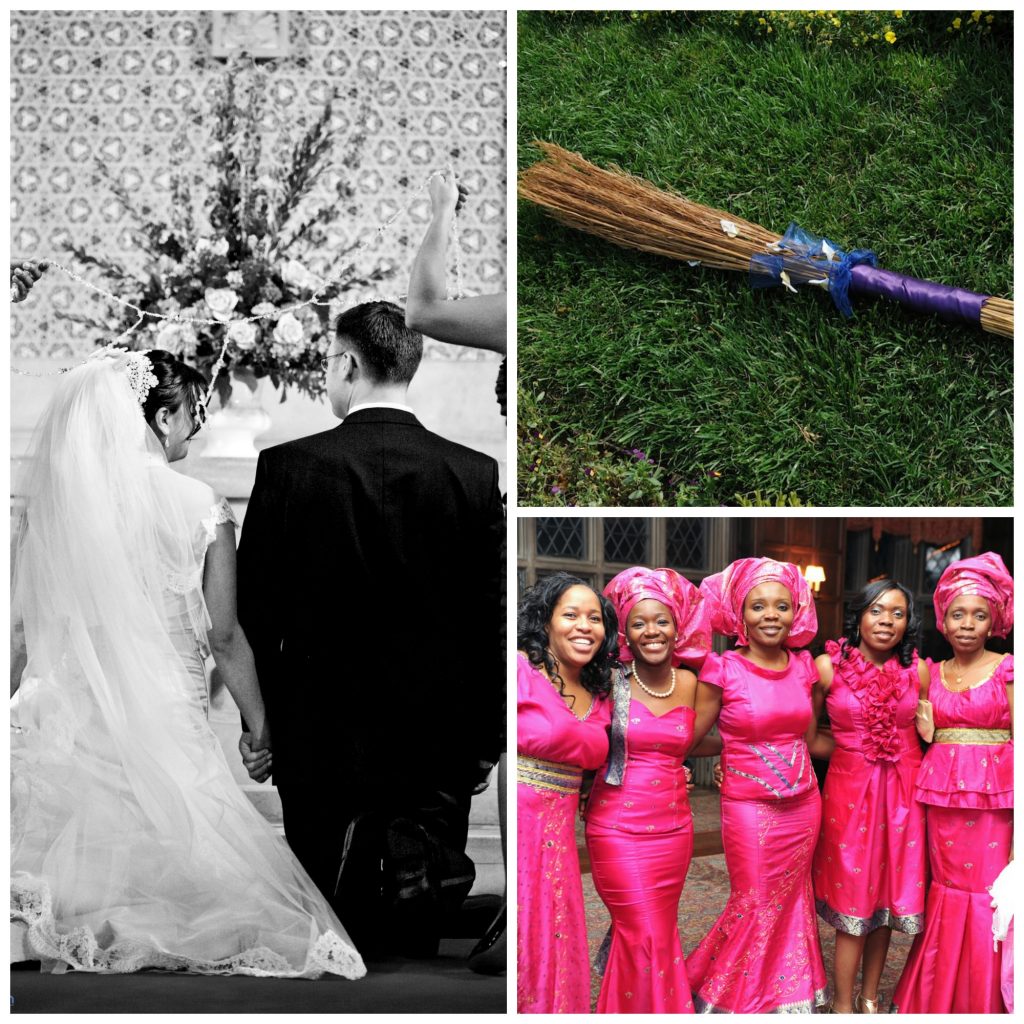
Why Are Religious and Cultural Traditions So Important at Weddings?
Cultural and religious traditions are woven into weddings because they carry meaning far deeper than the celebration itself. They connect couples, families, and entire communities to something larger than just a celebration. They showcase a couple’s heritage, identity, and shared history.
Do You Intend to Incorporate Religious or Cultural Traditions Into Your Wedding?
Do you intend to showcase some of your religious or cultural traditions into your wedding ceremony or reception? If you do, I noted below some key points to remember.
Check With Both Families First
Communicate with your family (and your fiance’s family) early on to discuss which traditions everyone would like to incorporate. Use those discussions to better understand how you should incorporate those traditions, and what you should avoid.
Be Inclusive As You Meld Two Cultures or Two Faiths
At Howerton+Wooten Events, we celebrate diversity, so some of our favorite ceremonies include the “melding” of traditions. In 2009, one of our favorite ceremonies ended with a gospel choir breaking into a joyful noise immediately after the Jewish bride broke the glass. And, not too long ago, one of our couples had two officiants (an Episcopal priest and a Hindu priest) for their wedding ceremony. It was truly a beautiful ceremony, and it was the perfect symbol of two families (and two lives) joining together.
Give Your Guests Some Background Information
You will more than likely have guests at your wedding who don’t understand some of the traditions showcased at your wedding. Write a little blurb about the tradition and place it in your wedding program and on your wedding web site. It will improve the overall experience for ALL of your wedding guests.
Let Your Guests Know If (and How) They Can Join In
If your wedding ceremony is going to be a full Catholic mass, explain to your guests when they should stand, kneel, and respond during the ceremony. If you are going to step on the glass at the end of your Jewish ceremony, let your non-Jewish guests know when they should exclaim, “Mazel Tov!” And, if you are expecting your wedding guests to sing hymns during your wedding ceremony, include the words of the songs so all of your guests may participate. If you cannot include these details in your wedding program, consider asking your officiant to clue everyone in too.
Walk Your Guests Through Their Culinary Experience
One year, the dinner buffet’s centerpiece was a very large roasted pig (complete with the apple in his mouth). The bride and groom were from China, so we placed a very pretty sign next to the pig explaining that pig [猪] in Cantonese “ju” sounds the same as [宫纱珠] “kong sa ju”, the Chinese legendary sign of virginity. It made all of the guests smile, and it encouraged them to partake in the delicious meat.
And, while most of us LOVE a well-made black cake, we understand that it’s name may not sound very appetizing to wedding guests who are not familiar with it. So, we encourage our West Indian couples to explain the significance of a Caribbean “Black Cake” on their menu cards. We realize that explaining this cake on your menu card may get you an “eye roll” from your aunties (smile), but it will be very helpful to the wedding guests who are not familiar with the cake.
Dress The Part
As a professional wedding planner, I have found that weddings with cultural traditions are pure “eye candy!” If you choose to wear a wedding gown during your ceremony, consider changing into your culture’s traditional wedding attire during your wedding reception. It will bring joy and honor to your family, your friends and your culture!
- Our Wedding Ceremony Guidebook. For more details and instructions for planning your wedding ceremony, download our wedding ceremony guidebook.
Love and Soul Always, Kawania